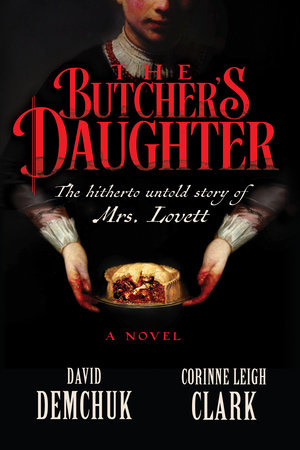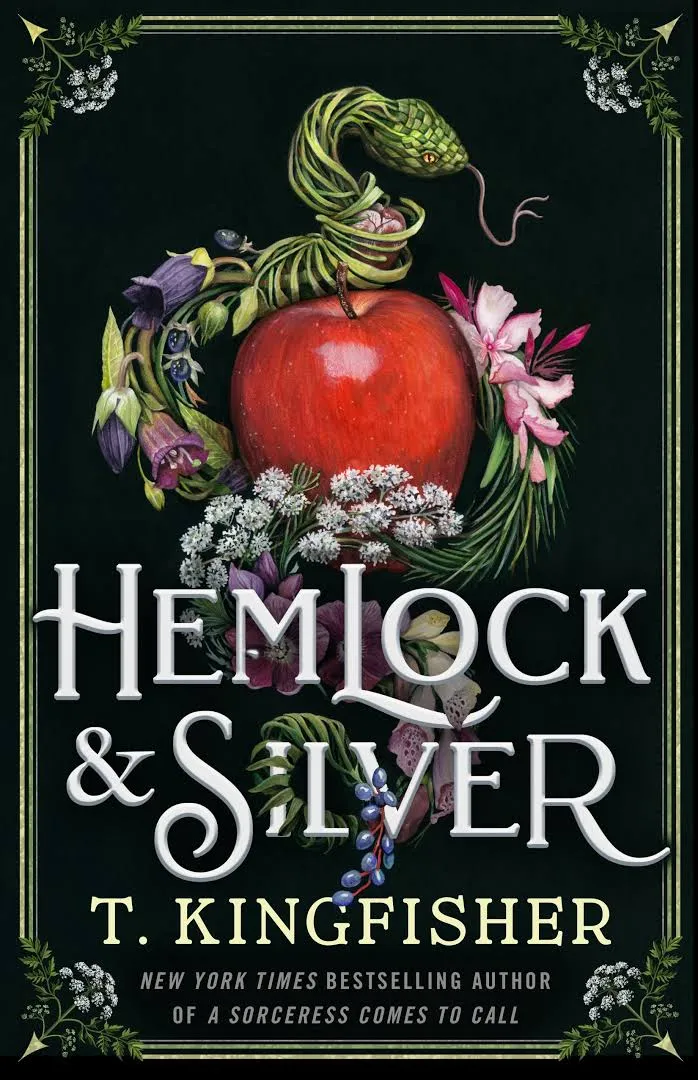What Does Silence Cost You? A Book Review
- Chyina Powell

- Nov 3, 2023
- 2 min read
The Fountains of Silence is a historical nonfiction book set in Spain during the time of Franco. It is quite a thick book, but I promise that it goes fast. The author tells the narrative from various perspectives including a half-Spanish, half-American heir to an oil tycoon, a young Spanish woman who lives in poverty and fear due to her parent's political stance, a young and naive nun-in-training and more.
The novel, as one would expect from the setting, delves into the idea of secrecy and silence, and choosing silence and fear over expressing yourself. The author, Ruta Sepetys, asks the question whether silence really can protect anyone or if it does more harm than good. And, as with many secrets, there are some that cannot stay a secret. Tied into this novel is romance and a bit of suspense as we are always left at the cusp of truth, reaching for it but not quite getting it.
To be honest, I picked up this book because it was on sale at my local bookseller and I couldn't not buy a book that was on sale, right? It sat on my shelf for a while but I am glad that I picked it up and from the very first line, I was in it. (I won't share the first line, for fear of spoilers!)

Stars: 4.5/5
I first want to discuss the structure and formatting of this book. As I mentioned before, the author uses multiple points of view, which works really well considering the scope of the narrative. It allows us to see not only the views of different characters, but the realities of those who are in that character's vicinity. We really get the disparity between classes, political backgrounds and nationality via that choice. Secondly, I appreciate how Ruta Sepetys chooses to include real documents that discuss that time including some declassified US government documentation. It adds to the serious tone of the novel as well as help provide context. That really stuck out to me and I am curious if she does this in her other novels as well.
I also appreciate the fact that all the characters, including the minor ones are well developed and interesting. We don't get too much description about many of them, but we can imagine them because of the character traits that the author outlines.
One thing that struck me was the fact that Sepetys was writing from the perspectives of identities that are not her own, which can cause issues. I am not that familiar with Spanish history so I cannot say for sure if everything mentioned was historically accurate, or even close, but as a sensitivity reader I am always intrigued by an author's choice to tell a story that is not their own in a particular voice.
Do you read historical fiction? If so, does this sound like a book you would be interested in? Let me know!




Comments